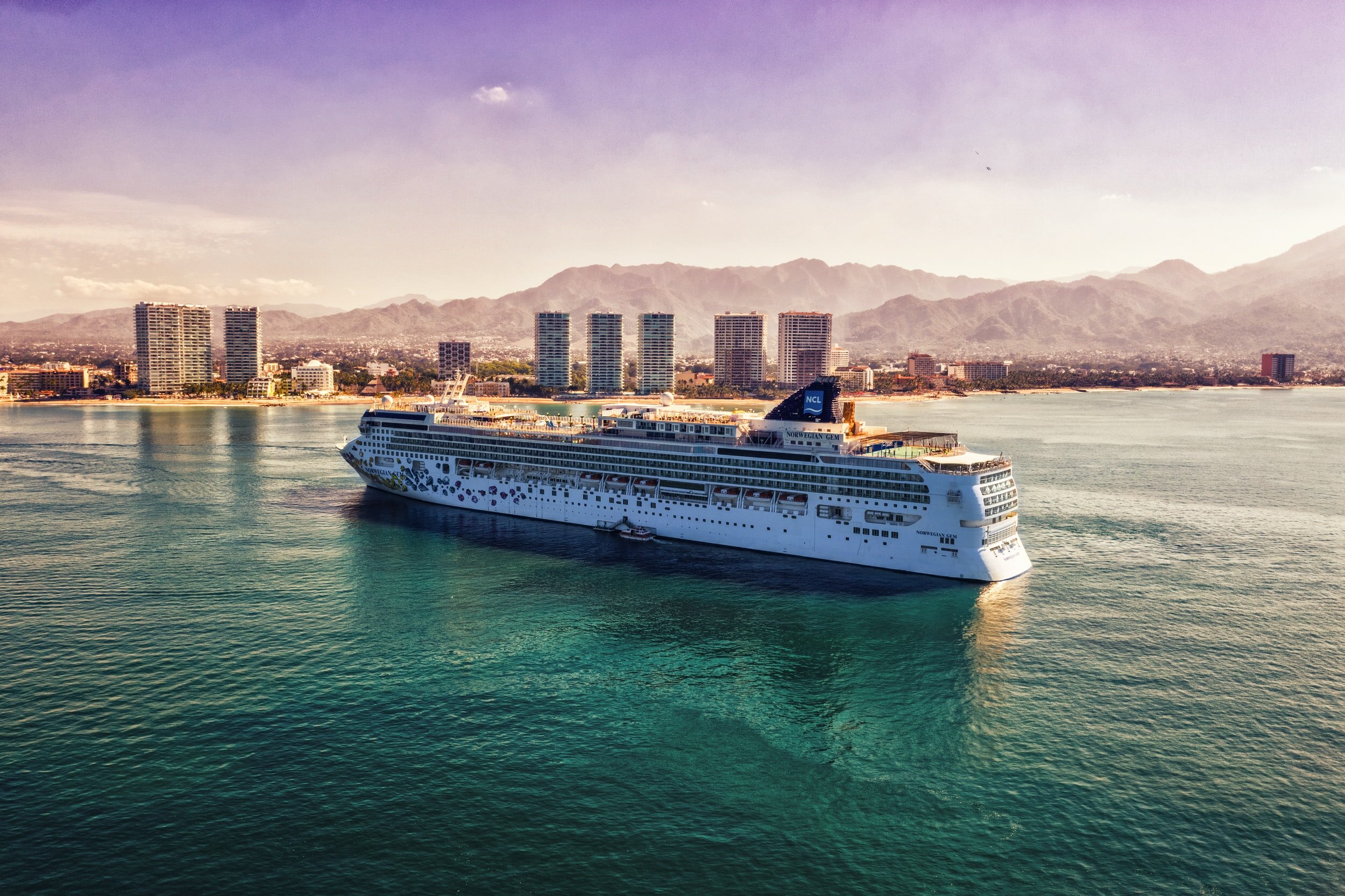
Case Summaries
OMV Petrom SA v Glencore International AG [2017]
“Petrom claimed against Glencore in respect of the latter's sale of 'counterfeit' crude oil cargoes. Glencore had relied on untruthful testimony and had declined to engage in settlement attempts, including a 'Part 36' offer by Petrom, which was significantly bettered by the Court's award. Although the Court awarded enhanced interest, Petrom appealed, seeking the maximum allowable amount, namely 10.5% both on damages and on costs. Despite warning that appeals against the exercise of the judge's discretion are to be rare, the Chancellor agreed, explaining that such interest was not just compensatory but could reflect the Court's disapproval of a party's conduct (here described as 'deplorable if not outrageous') and its encouragement of settlements.”
Michael Wilson & Partners Ltd v Sinclair & Anor [2017]
“The Court of Appeal reversed a High Court order which had struck out a claim for abuse of process. The claimant had made a High Court claim against various defendants in respect of a matter already decided against it in an arbitration it brought against another. The High Court held that it was an abuse of process to advance by 'collateral attack' the same allegations already rejected by the arbitrators. The Court of Appeal disagreed, finding that the high threshold for abuse of process had not been met: the parties to the Court and arbitration proceedings were different; there were no qualifying 'special circumstances'; no manifest unfairness to the defendants or double vexation of a party and nothing to offend against the spirit of the issue estoppel rule.“
Volcafe Ltd and Ors v Compania Sud Americana de Vapores SA— [2016]
“The Court of Appeal has reversed a controversial first instance ruling and has held that it is not a pre-requisite for a carrier relying on the Article IV r2 (m) Hague Rules defence ('inherent vice') to disprove his negligence. Instead, once the carrier has shown an initial entitlement to rely on 'inherent vice', the burden then shifts to the cargo claimant to establish any negligence precluding reliance on the defence.”
Grand China Logistics Holding (Group) Co. Ltd v Spar Shipping AS (Rev 1) [2016]
“Absent a clear contractual indication, payment of hire under time charterparties is not a condition. Time is not presumed of essence and is generally an innominate term, whose breaches may range from the trivial to the grave.”
Atlasnavios - Navegacao, LDA v Navigators Insurance Company Ltd & Ors [2016]
“A vessel detained and later confiscated in Venezuela allegedly due to drugs strapped to its hull was not considered a constructive total loss under its war risks cover since a proximate cause of the loss, the detention of the vessel, was subject to the infringement of a customs regulation exclusion clause of the policy.“
Mitsui & Co Ltd & Ors v Beteiligungsgesellschaft LPG & Ors [2016]
“Following ransom negotiations that lasted for 51 days between Owners and pirates, it was held that Owners could not recover crew-related expenses or bunkers as general average for that period since these expenses were not incurred as a true alternative to the pirates' initial ransom demand, and therefore not within the meaning of Rule F of the York Antwerp Rules.”